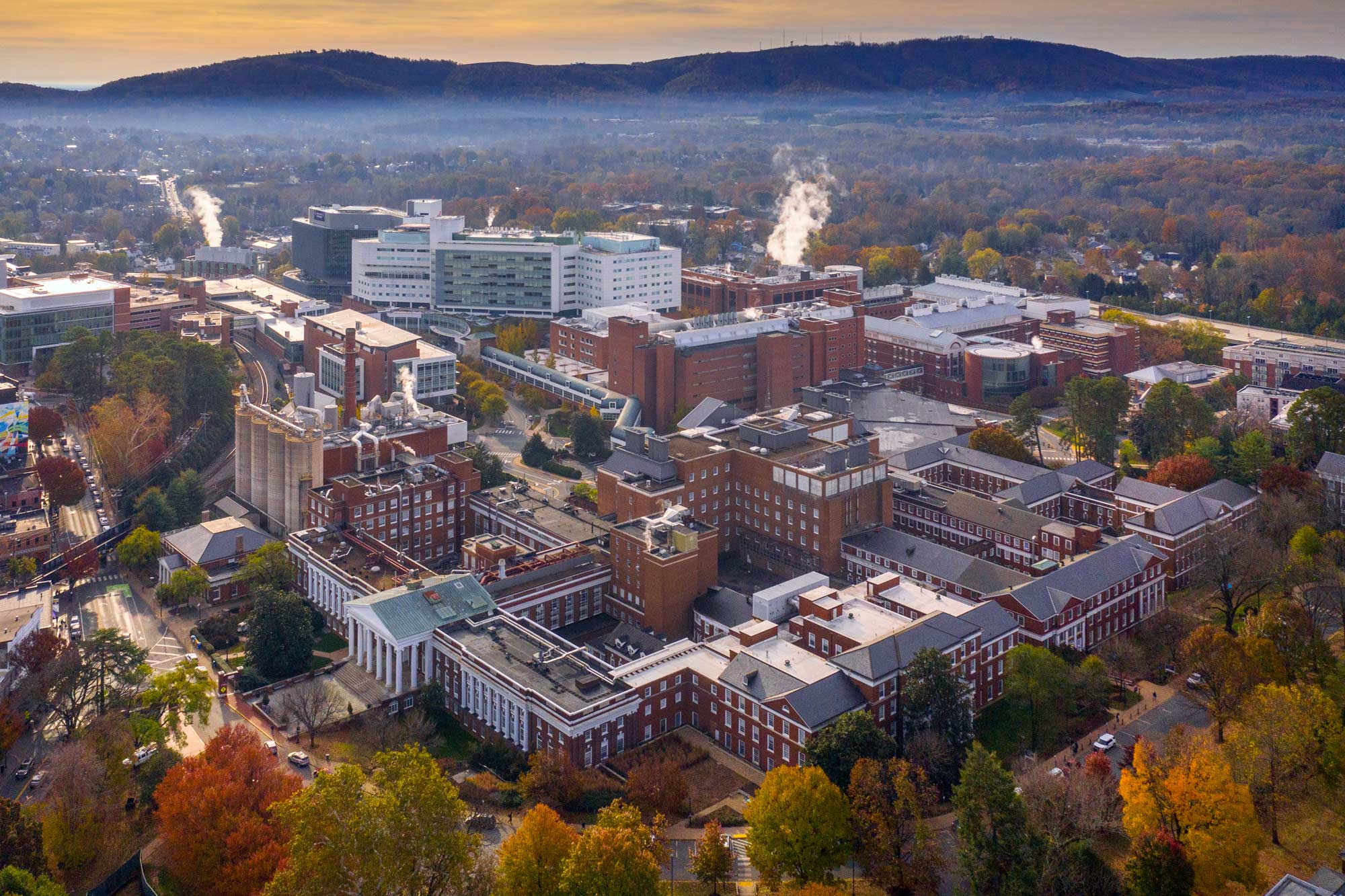Posted on UVAToday | By Wesley P. Hester
Since UVA Health began testing for COVID-19, faculty, administrators and staff have been working around the clock to expand testing capabilities.
What began just a week ago with an initial set of 23 requests for the UVA Health tests quickly grew. Soon, many times that initial number of tests, and more, were being performed – a crucial step in relieving the bottleneck for appropriate treatment and helping health experts better understand the severity of COVID-19’s spread in the Charlottesville region.
The effort to continue expanding UVA Health’s service by ramping up the testing capacity has received a major boost in the form of a $1 million grant from the Charlottesville-based Quantitative Foundation.
The additional funding is expected to help increase the numbers of tests produced daily from 200 to more than 500, with a portion of those being made available each day for inpatients at other Virginia hospitals and for clinical providers and first responders who have symptoms.
The expanded capacity comes at an important moment, as a shortage of tests has hampered the ability of care providers across the country to accurately diagnose patients and isolate those with the disease.
“As a resident of the community, I just wanted to find a way to help in any way I could and hopefully this will support the good work that’s already underway at UVA Health to prevent the spread of the virus,” said Jaffray Woodriff, trustee of the Quantitative Foundation and a 1991 graduate of the University of Virginia’s McIntire School of Commerce.
Woodriff’s wife, Merrill Woodriff, who earned a bachelor’s degree from the College of Arts & Sciences and a master’s degree from the Curry School of Education and Human Development in 1998, serves as director of the foundation. Jaffray Woodriff is also co-founder and CEO of Quantitative Investment Management, a private investment firm also based in Charlottesville.
“We are incredibly thankful for this generous support, which comes at a critical time and provides an enormous lift to our efforts to serve the public during this pandemic,” Executive Vice President for Health Affairs Dr. K. Craig Kent said. “These funds will truly make a profound difference.”
Dr. Christopher Moskaluk, director of the UVA Medical Labs and chair of UVA’s Department of Pathology, said the Clinical Microbiology Lab has rapidly responded to obtain the critical resources needed to use the funds.
While COVID-19 testing is currently only taking place during the day shift at UVA Health, due to the limited number of trained personnel, a new lab tech position has been created to be supported by the donated funds. That, in addition to the current cross-training of existing laboratory personnel, will allow testing in a second shift, significantly expanding capacity. The funds will also be used to order a second robotic instrument which, when installed, will further increase capacity.
“This capability will allow much broader screening of our population to aid in the control of disease,” Moskaluk said.
The Quantitative Foundation grant will also be used to implement a new testing platform that will allow test results to be delivered in as little as two hours.
“This capability will give UVA Health care providers extremely rapid diagnosis, allowing severely ill patients presenting to our emergency room to be quickly tested for COVID-19, for optimal patient management, and giving the information needed to health care providers to keep themselves safe as well,” Moskaluk said.
He added that the platform will also allow UVA Health to efficiently monitor their health care providers with symptoms or after exposures to help keep as many health care workers on the front line as possible, and to identify any that become infected as quickly as possible.
Prior to the deployment of UVA Health’s in-house testing, patients were waiting five to nine days for results, and testing was limited for most hospitals to only a few patients. Locally, turnaround time for testing was cut to 24 hours last week due to the effort led by UVA laboratory directors Mendy Poulter and Dr. Amy Mathers and made possible by an outpouring of support from across the UVA community.


